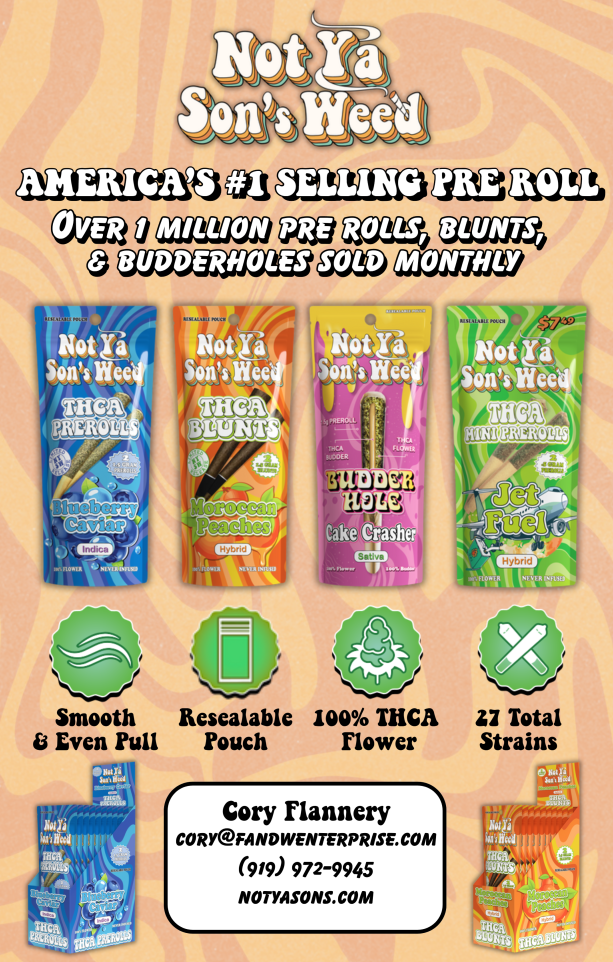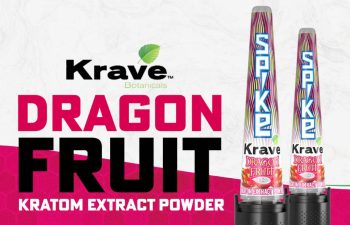Cannabis consumers are deeply concerned with the use of chemical pesticides and fertilization and the environmental impact resulting from the cultivation process, and are calling for new product standards to ensure safety, freshness and efficacy, a new study in legalized states shows.
Canivate Growing Systems Ltd. (www.thecanivateway.com), conducted a U.S. nationwide survey of more than 600 cannabis consumers in states where adult cannabis purchase is legal. The survey found consumers overwhelmingly support establishing both environmental standards (79% supporting) and quality certifications (77%) for adult recreational cannabis products.
Respondents indicated that they are willing to pay more for cannabis that is grown in an eco-friendly, organic manner, with 64% of respondents agreeing. But when asked about specific cultivation methods, that support increased dramatically. Consumers strongly favor paying more for cannabis that is:
- grown free from chemical pesticides (92%),
- without chemical fertilizers (88%),
- hasn’t been irradiated for pathogens (85%),
- is grown in a low carbon footprint environment (82.5%), and
- cultivated in a manner that conserves water (86%).
“The research suggests that consumers are more sophisticated and discerning in their brand trust than was previously thought,” said Troy McCellan, CEO of Canivate. “We believe new approaches to cultivation and testing are needed to preserve trust in this new market. The more educated consumers become, the more they will demand products that are environmentally friendly and certifiably proven to be free of chemical toxins, pathogens and decontamination treatments.”
Cannabis consumer buying patterns
When purchasing products, it was no surprise that the potency, health and other effects of cannabis is the #1 factor in their decision (with 96% saying it’s extremely to slightly important). Surprisingly, a cultivation method free of pesticides was ranked nearly the same in terms of importance (95%), outpacing environmental issues like having a low carbon footprint (84%).
About 33% of respondents believe that cannabis production uses more pesticides and fungicides than conventional agricultural practices, with about half believing it uses the same or less.
Brand reputation is becoming an important criterion for cannabis consumers as well, the survey found. More than 75% of respondents said that seeking out specific brands is important to their shopping choices.


















